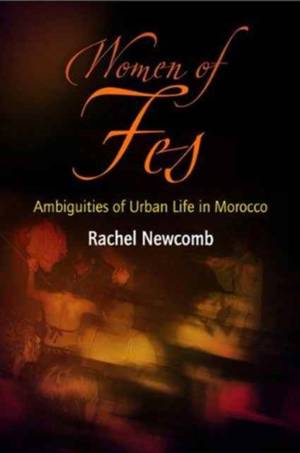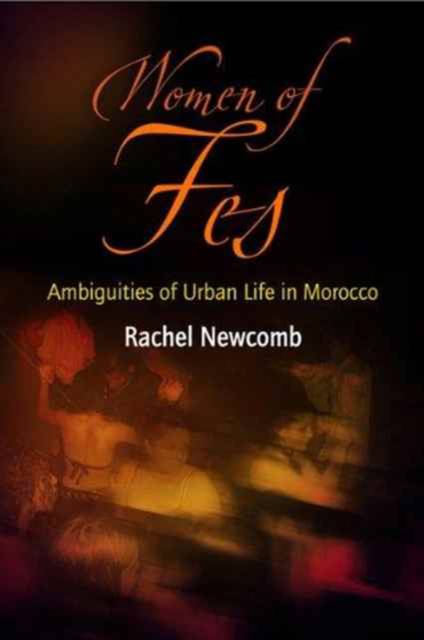
- Afhalen na 1 uur in een winkel met voorraad
- Gratis thuislevering in België vanaf € 30
- Ruim aanbod met 7 miljoen producten
- Afhalen na 1 uur in een winkel met voorraad
- Gratis thuislevering in België vanaf € 30
- Ruim aanbod met 7 miljoen producten
Omschrijving
Throughout its history, Morocco has maintained a distinctive sense of identity. Its name conjures up visions of carpets and Casablanca, mint tea and the Marrakech Express, associations that are not entirely dispelled by visits to the country. However, in recent years Morocco has faced challenges to its stability. The advent of new technologies, such as satellite communications and the Internet, has enhanced the public's access to information and led to greater demands for human rights and government accountability. At the same time, Islamist influences are on the rise, with criticism from some that current structures of governance are not Islamic enough.
As different factions assert competing visions for the identity of the Moroccan state, the status of women is frequently invoked as a barometer of the country's progress. The nation-state has characterized the Moroccan female citizen as simultaneously modern, secular, and Islamic, while religious discourse has framed the nationalist vision as hopelessly enslaved to Western secularism, suggesting that the Moroccan woman needs to "return" to an authentic Muslim identity. Based on two years of fieldwork conducted in the city of Fes, Rachel Newcomb's Women of Fes offers valuable insights into the everyday lives of Moroccan women. Newcomb evokes the struggles middle-class women face as they challenge and modify competing ideologies to create new forms of identity in work, family, and urban space. Simultaneously, the book situates women's lives within larger processes, such as globalization, human rights, and the construction of national identity.Specificaties
Betrokkenen
- Auteur(s):
- Uitgeverij:
Inhoud
- Aantal bladzijden:
- 248
- Taal:
- Engels
- Reeks:
Eigenschappen
- Productcode (EAN):
- 9780812221312
- Verschijningsdatum:
- 24/08/2010
- Uitvoering:
- Paperback
- Formaat:
- Trade paperback (VS)
- Afmetingen:
- 152 mm x 229 mm
- Gewicht:
- 408 g

Alleen bij Standaard Boekhandel
Beoordelingen
We publiceren alleen reviews die voldoen aan de voorwaarden voor reviews. Bekijk onze voorwaarden voor reviews.











